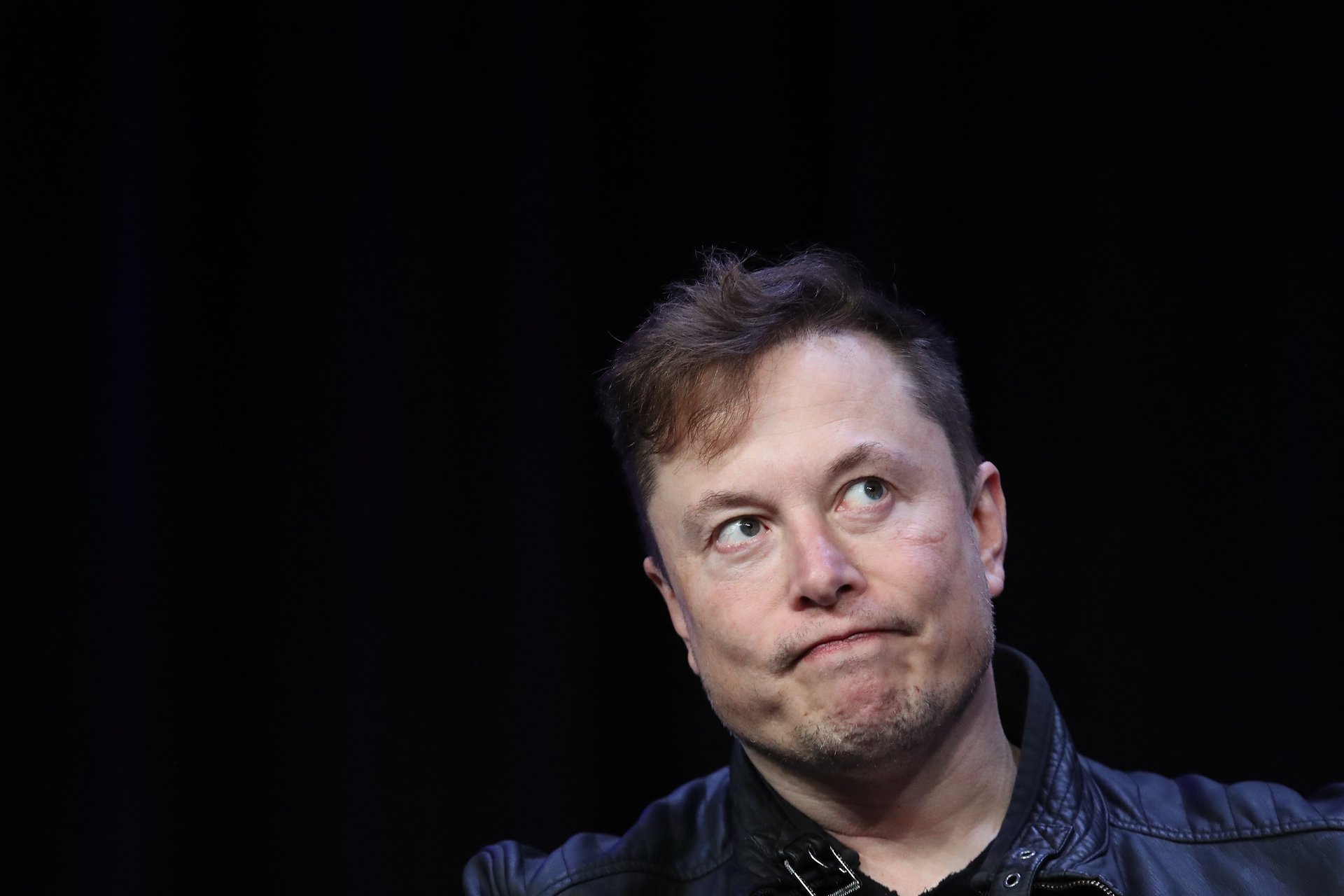The Supreme Court rejected Elon Musk's challenge to the SEC's 'muzzle' on his tweets
The Tesla CEO got in trouble with regulators in 2018 when he floated the idea of taking Tesla private

The U.S. Supreme Court on Monday rejected Tesla CEO Elon Musk’s challenge to what he has called a “government-imposed muzzle” on his tweeting privileges.
Suggested Reading
Musk landed in hot water in August 2018 after he floated the idea of taking Tesla private at $420 per share and wrote “funding secured” on the social media platform formerly known as Twitter. The Securities and Exchange Commission (SEC) sued Musk over the post, alleging that he defrauded investors.
As part of a settlement, Musk and Tesla each paid the SEC $20 million in fines. Musk was also forced to resign as Tesla’s chairman and signed a consent decree that requires some of his tweets be reviewed by a company lawyer before they are posted.
Despite agreeing to the settlement, Musk has been intensely critical of the deal. His lawyers have argued that the SEC sought to limit his freedom of speech and overstepped when it enforced the consent decree.
The billionaire in December asked the Supreme Court to hear his appeal of a lower court’s earlier decision that upheld the consent decree. In his motion filed with the high court, Musk’s lawyers wrote that the SEC lacks the authority to impose a “gag rule” and argued that it makes public criticism of the agency “punishable with contempt.”
“In the past three years, the SEC has at all times kept at least one investigation open regarding Mr. Musk or Tesla,” Musk’s lawyers wrote in the petition. “The SEC’s actions in seeking contempt and then maintaining a steady stream of investigations chills Mr. Musk’s speech.”
The SEC argued that Musk had waived his right to bring his argument to the courts when he signed off on the settlement.